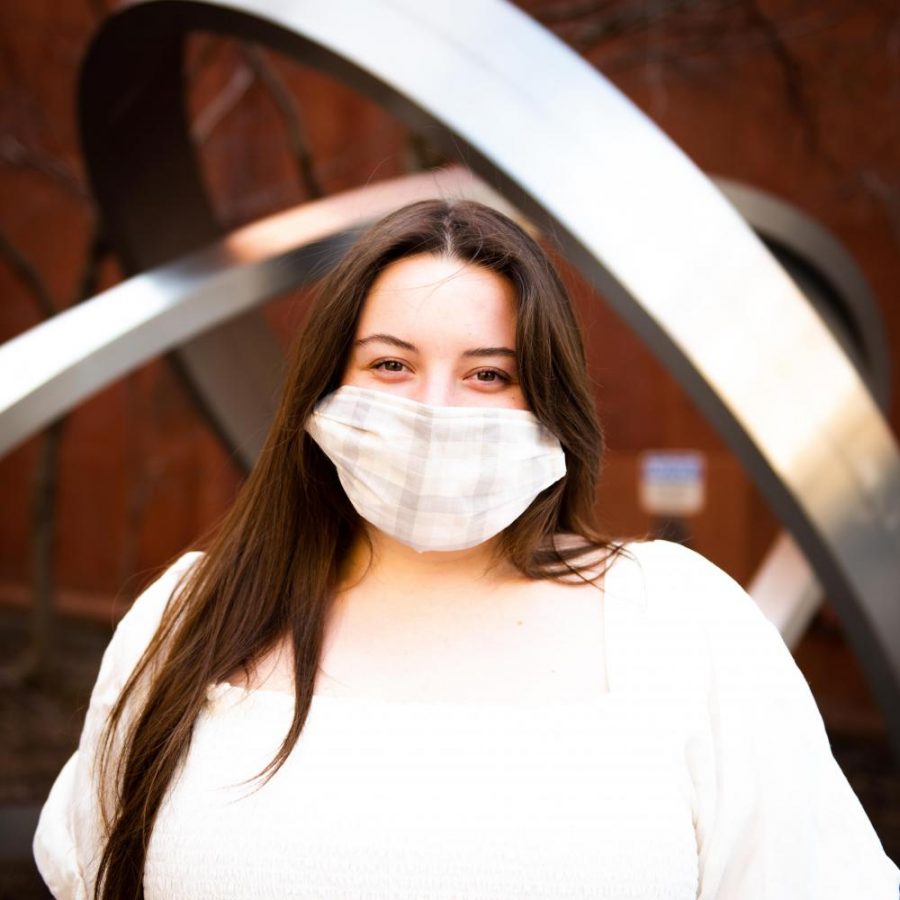We need a spring break
NYU cancelled spring break when students needed it most.
April 8, 2021
On Oct. 20, President Andrew Hamilton and Provost Katherine Fleming announced that 2021’s spring break would be replaced with two three-day weekends.
This academic year has been anything but normal. Sports, arts, in-person classes and even doing homework in the Starbucks on West 4th were taken away from NYU students. They are putting in the same amount of time and effort as before — if not more — without any break to look forward to.
The university cancelled spring break in order to prevent the spread of COVID-19 and a spike in cases that an influx of travel might have caused. Many colleges across the country have also canceled spring break or replaced it with “wellness days.” However, students ignoring the university’s COVID guidelines would do so regardless of whether a week-long spring break existed. While cancelling spring break may prevent students from traveling to holiday hotspots, this solution is not without problems of its own.
Research shows, time and time again, that breaks provide a myriad of health benefits. A study published in January in science journal PLOS ONE described university students as a vulnerable demographic. They experience “higher levels of anxiety, depression, substance abuse, and disordered eating compared to the general population.” During times of heightened stress, this effect is exacerbated.
Given the inherent anxiety from the pandemic, university students are placed under even more stress than usual. That’s a serious problem, especially when the amount of time away from class has been reduced — the PLOS ONE study found that inadequate support for student mental health “could have long-term consequences on their health and education.”
According to clinical psychologist Shannon Torborg, time away from work or school has real benefits for a person’s mental health. Vacation from work or school promotes calmness and stress relief, and allows “the body and mind to heal in ways that it couldn’t if it were still under pressure.” Research has also shown that the pandemic added more stress to college students. Exposure to stress has lasting effects on students, and has been found to be strongly associated with mental illness diagnoses, self-harm and suicidality. It is crucial for students to have more time away from their work — not less.
A break from the stress of school is also necessary to prevent burnout, which has become more prevalent since the pandemic began. Burnout causes a decrease in creativity and productivity — two qualities that are pivotal for a student to succeed.
The break was cancelled out of concern for students’ physical health, but now their mental health is taking a hit instead. Being a college student at this time and navigating online learning is hard enough as it is, but doing so without a light at the end of the tunnel is even more challenging. Research shows that simply looking forward to a break boosts a person’s happiness as far as eight weeks before the trip. Not only does the absence of a break harm a student’s well-being, but so does the absence of anticipation.
Many schools across the country cancelled or significantly shortened spring break, but some college students were still granted their traditional break. For example, students in the University of California system enjoyed a traditional week-long spring break from March 20 to March 28, though their administration encouraged them not to travel. University of California, Davis went as far as to offer cash incentives for students who didn’t travel. Since a simple encouragement is not a guarantee that students will not travel, all students, regardless of their travel history for the week, were required to enter self-isolation on the 28th.
NYU’s administration should have followed UCLA’s example, maintaining the usual weeklong break while still taking the necessary precautions to prevent the spread of infection. NYU has done this before, isolating students returning for the spring semester or those who traveled outside New York’s five neighboring states, and would be able to do so again for students returning from spring break.
Students need a chance to recharge and regroup with a break from school. The administration needs to more adequately compensate for the lack of a traditional break in order to protect students’ mental health. Two three-day weekends are a start, but they are not enough.
Many students have reported that the three days off was no break at all, with some professors still giving out assignments in violation of university guidelines. Students who did not have classes on Friday retained the same academic week. Students without Monday classes will retain the same schedule during the next long weekend. With the busyness of midterms barely in the rearview mirror and finals quickly approaching, students need to be given more time off in the month of April.
A consecutive seven-day break may not be feasible given the current situation, but is only fair for students to be given the equivalent amount of vacation, perhaps with seven non-consecutive vacation days including the two already scheduled. A call for spring break is not a call for reckless partying or traveling in the middle of a pandemic, but a call for NYU to protect its students’ mental health. While the university’s decision is understandable, the impact of cancelling spring break hurts students when they are struggling the most.
Opinions expressed on the editorial pages are not necessarily those of WSN, and our publication of opinions is not an endorsement of them.
Email Sydney Barragan at [email protected].



























































































































































